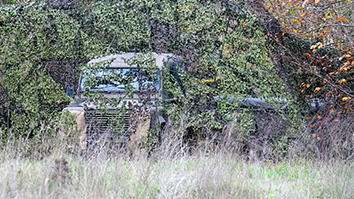Citation
Israel, D. Interpretation of Discourse and Proof Theory: Questions and Directionsin JFAK: Essays Dedicated to Johan van Benthem on the Occasion of his 50th Birthday, Amsterdam University Press, 1999.
Abstract
A major theme of Johan’s Exploring Logical Dynamics is the move from using the tools of logic to analyze the products of cognitive processes to using those tools, including perhaps some new ones, to analyze the processes themselves. One kind of cognitive product is a grammatically well-formed sentence of a natural language apt for statement-making. Another, much more complex product, is a multi-person discourse or conversation, thought of as a complex structure of some sort, some of whose components may be statement-making sentences. Of course, a discourse isn’t simply a set or even a sequence of such things; it has a structure that results both from the content of the components and from a variety of other structural features. This particular pair of products suggests another: a statement of mathematics and a proof (or derivation) of that statement. The latter, too, is a complex structure; it isn’t simply a set or even a sequence of statements. Is there more to this suggestion or is it merely the result of more than free association? This is a question worth thinking— even thinking out loud—about. And, of course, since it is a question worth thinking about, Johan van Benthem has thought about it. So herein is my contribution to what I hope will be a continuing dialogue.


